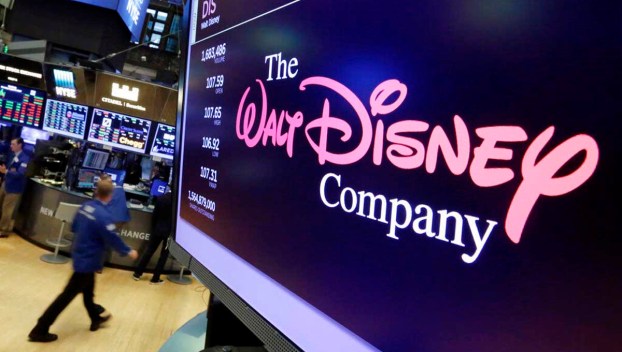
News
Disney Plus adds disclaimer about racist movie stereotypes
NEW YORK (AP) — Disney’s new streaming service has added a disclaimer to "Dumbo," “Peter Pan” and other ... Read more

NEW YORK (AP) — Disney’s new streaming service has added a disclaimer to "Dumbo," “Peter Pan” and other ... Read more